A piece by Walter Kirn on the T Magazine blog yesterday echoed to a T (no pun intended) my ruminations regarding the art of remembering. I too, after a recommendation from my older son, recently watched “The Entire History of You.” A thought provoking, disturbing and yet eerily prophetic episode from the British TV series “Black Mirrors,” it addresses the possibility, in the not-to-distant future, of having total video recall of our experiences through a “grain” implant in one’s neck. Not only does the technology enable recording of every minute of one’s life but also replay. The consequences are predictably complicated.
 When I first saw it, my immediate reaction was how far fetched a concept this was, but as I continued to obsessively reflect on the show, I realized how our current technologically-infused lives would have seemed equally impossible in mere decades past. After all, it wasn’t that long ago that typewriters, corded phones and snail mail were the norm. But Kirn’s piece specifically addresses the value of memories and whether our ability to now effortlessly document (what will be become) our memories is “degrading our capacity to make them the old-fashioned way.”
When I first saw it, my immediate reaction was how far fetched a concept this was, but as I continued to obsessively reflect on the show, I realized how our current technologically-infused lives would have seemed equally impossible in mere decades past. After all, it wasn’t that long ago that typewriters, corded phones and snail mail were the norm. But Kirn’s piece specifically addresses the value of memories and whether our ability to now effortlessly document (what will be become) our memories is “degrading our capacity to make them the old-fashioned way.”
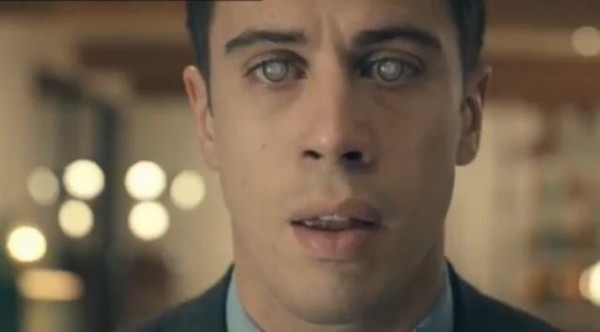 How many are forgoing the experience for the recording of it? I remember a particularly irking moment at Versailles as a large group of visitors viewed the treasures of the 18th c. almost exclusively via screen capture. And perhaps you have seen Olivia Muus‘ series of museum classics taking selfies, a clever take on our contemporary obsession.
How many are forgoing the experience for the recording of it? I remember a particularly irking moment at Versailles as a large group of visitors viewed the treasures of the 18th c. almost exclusively via screen capture. And perhaps you have seen Olivia Muus‘ series of museum classics taking selfies, a clever take on our contemporary obsession.
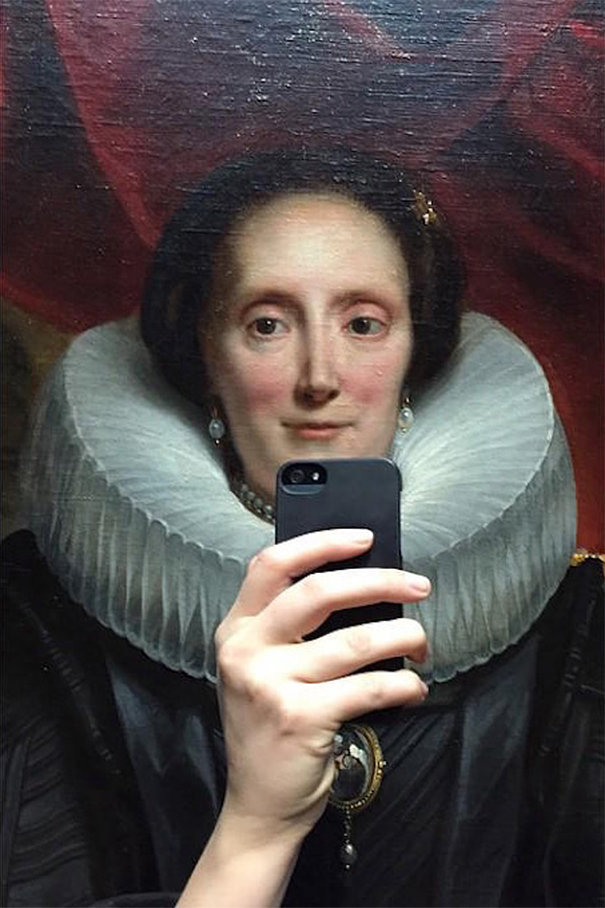
Kirn asserts, that “what makes memory magical is its imperfections and its unpredictability,” and of course that the art of forgetting makes those memories all the more valuable. But he also points out that as we age and our focus and interests change, what we have chosen to record with technology may not be what we wish to remember later on, for “memory consists of constructing, and later reconstructing, narratives, not just storing and retrieving data.”
I like to think of our technology as a tool rather than an impediment. Aside from the aesthetic pleasure of taking photos, it frequently helps jog a memory that might not have been otherwise retrievable. And, as someone who has experienced an incidence of temporary memory loss, I regard what I have saved as a safeguard against the future.
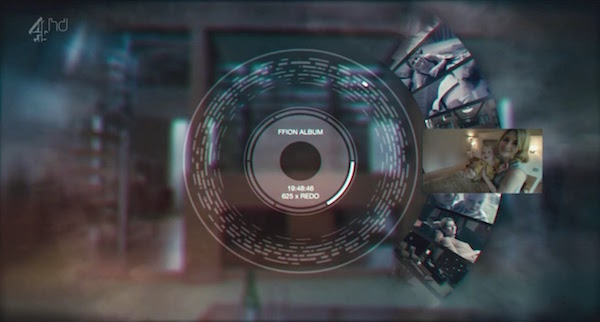 Kirn asserts that “memories don’t just happen, they are built.” We remember what we want or are capable of and “then we fashion stories from what we’ve kept.” I see our “outsourcing of memories to devices” as a back up not the primary hard drive for the art of remembering. I don’t know how I’d feel if I had the option of a full replayable version. Take a look at “The Entire History of You,” on Netflix and tell me what you think. Kirn and I weren’t the only ones who found it thought provoking. Robert Downey Jr. has optioned it for a potential film.
Kirn asserts that “memories don’t just happen, they are built.” We remember what we want or are capable of and “then we fashion stories from what we’ve kept.” I see our “outsourcing of memories to devices” as a back up not the primary hard drive for the art of remembering. I don’t know how I’d feel if I had the option of a full replayable version. Take a look at “The Entire History of You,” on Netflix and tell me what you think. Kirn and I weren’t the only ones who found it thought provoking. Robert Downey Jr. has optioned it for a potential film.

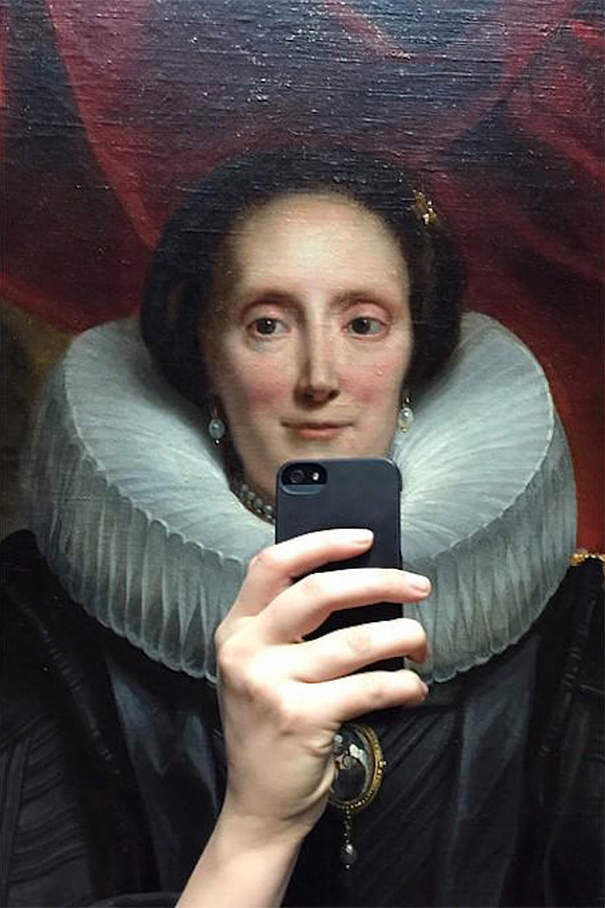
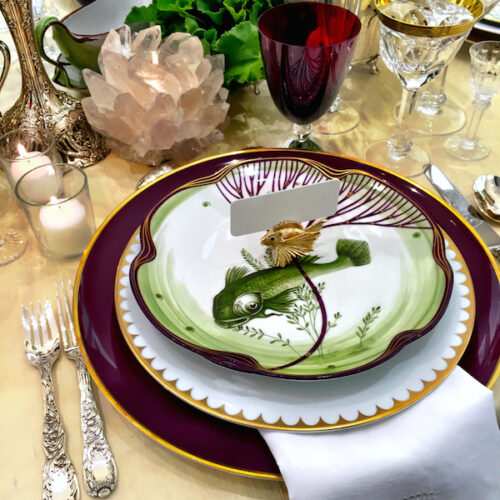
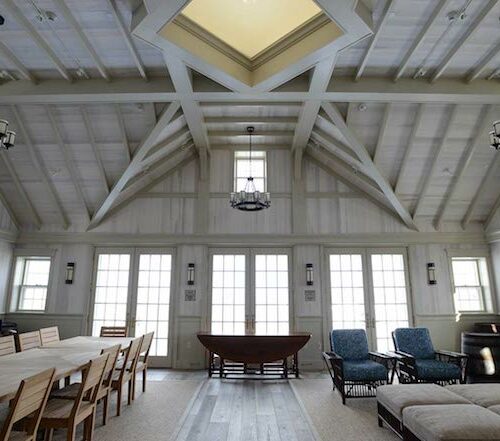
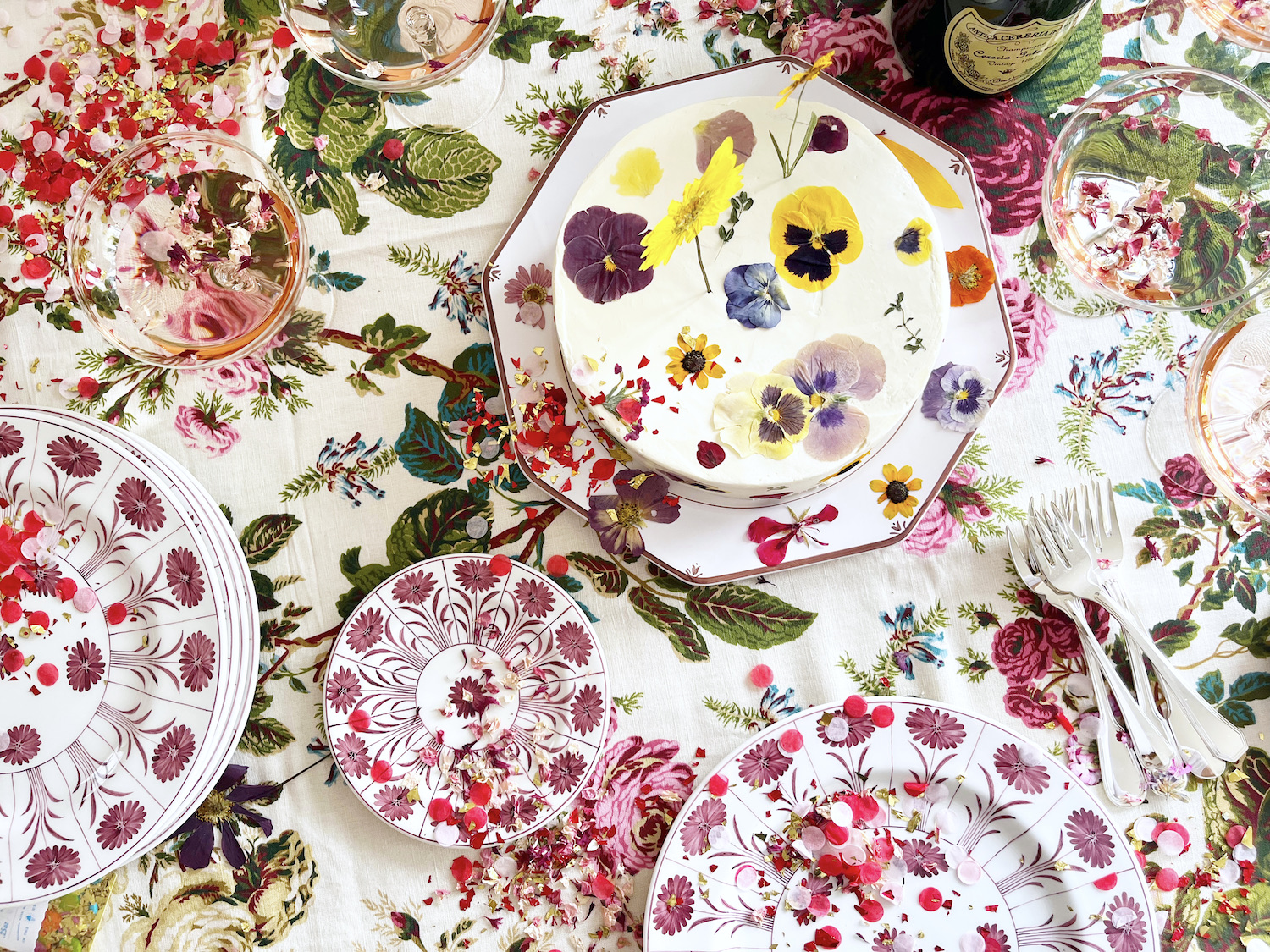


NPR did a “special” on new tech ideas…even Richard Branson contributed (personal climate controlled plane seats)…and then at the end of the program (which was MOST intriguing!!) they said, “April Fools.” We will see…..franki
Very thought provoking…thanks for the recommendation, will watch the episode. And I agree, the museum experience these days is both vexing and curious.
Great post–I am very into memory issues and thought Kim’s piece was fascinating. Will watch The History of You for sure!
Jan
Very interesting ideas here, can’t wait to watch the program.
How fascinating, I will definitely watch this; though I am not sure that I want to remember every little thing that has happened in my life!
xoxo
Karena
The Arts by Karena
Ellipsis: Dual Vision
well, it would certainly be great to help settle an argument of what really happened! no more he said/she said…